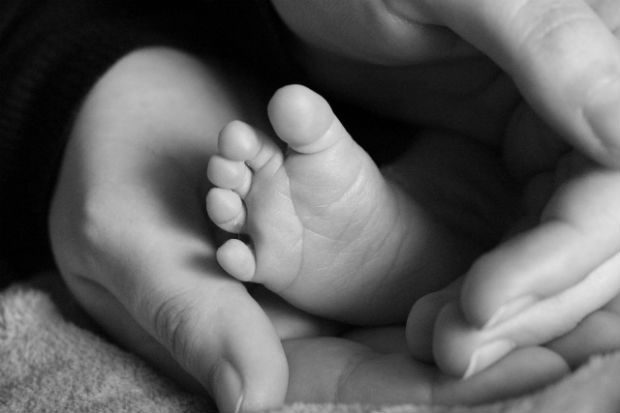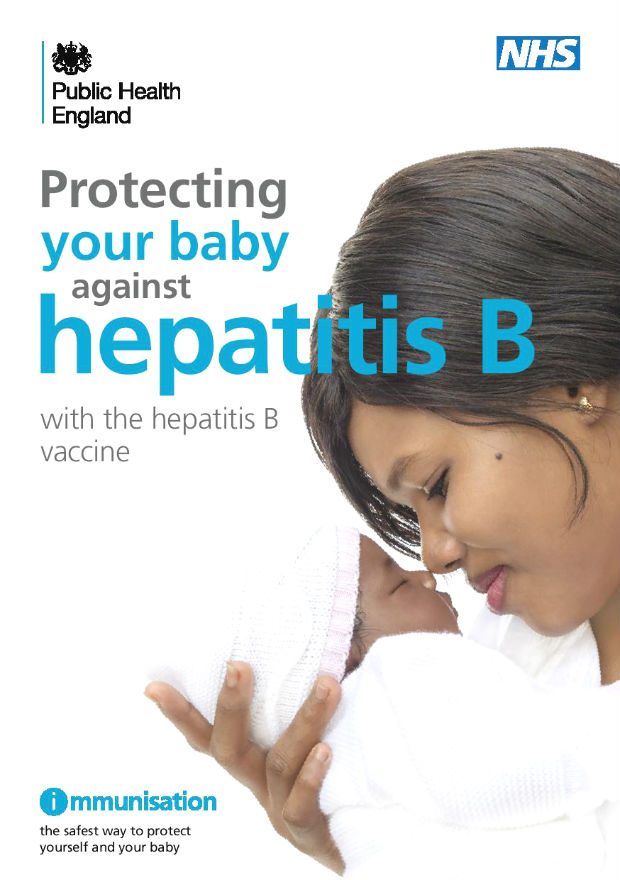
World Hepatitis Day (WHD) took place on 28 July. Though it happens only once a year, every day is hepatitis day for me.
There are about 257 million people living with the hepatitis B virus infection worldwide. In 2015, the World Health Organization (WHO) reported that 887,000 people died from hepatitis B, mostly from complications such as cirrhosis.
The main message
Around 90% of babies that are infected with hepatitis B at birth or during the first year of life, will go on to develop chronic (lifelong) infection. From this group, the disease will progress to liver cirrhosis and liver cancer in 15% to 40% of children.
However, this can be prevented by timely vaccinations in the first year of a child’s life.
My story
I recently retired from the NHS after 45 years’ service. I first started out as a student nurse in the 1970s, later becoming an antenatal and newborn (ANNB) screening specialist midwife at Worthing Hospital.
For the last 18 months of my career, I was seconded to the infectious diseases in pregnancy screening (IDPS) programme. I became the project lead on a quality improvement project looking at hepatitis B in pregnancy screening and immunisation pathways.
Learning lessons along the way
Leading this project was quite a journey of discovery. I had always thought our care of women with hepatitis B was good. However, I quickly realised that this is a group of women and babies that need much more focused and individual care.
This means seamless pathways from screening early in pregnancy, through to the baby’s final immunisation and blood test at 1 year of age.
PHE Screening and the PHE Immunisation, Hepatitis and Blood Safety Department have worked together to review the pathways.
Spreading the word
During the latter half of 2018, the project team went on the road carrying out regional workshops to meet with clinicians. Based on their feedback, we are now finalising the guidelines and patient information resources.
These will be published on GOV.UK once they are ready and will be useful for anyone working in screening and immunisation process delivery.
We will also be asking maternity providers and screening and immunisation teams to review their current pathways. They will be able to identify areas of improvement by using our templates and resources.
What the evidence shows
There is a real need to review and improve all aspects of care for women with hepatitis B, their babies and wider family groups. This is evident from different sources such as:
- screening and immunisation safety incidents relating to missed screening, late entry into specialist care, missed or late vaccinations and lost Human immunoglobulin (HBIG)
- KPI and standards data returns showing unaccounted for screen positive women and babies
- interim findings from the IDPS National Hepatitis B in Pregnancy audit showing how women are often amongst the most vulnerable – such as asylum seekers and women with English as a second language
Making such improvements will help us to remember our commitment to reducing health inequalities.
Continuing the fight
We should be working together and ‘passing the baton’ effectively to make sure the care of women and babies is maintained by all professionals involved in their care.
We should also ensure that mothers:
- are well informed at every stage
- understand the importance of their baby receiving the full course of vaccinations
Making a difference for babies lives
I have learnt so much in the last 18 months, but the main thing is that we can save babies lives by getting this right. Keep an eye on the blog and GOV.UK for more updates on our work.
PHE Screening blogs
PHE Screening blogs provide up to date news from all NHS screening programmes. You can register to receive updates direct to your inbox, so there’s no need to keep checking for new blogs. If you have any questions about this blog article, or about population screening in England, please contact the PHE screening helpdesk.

1 comment
Comment by Helen Boiling posted on
Good article Pat!